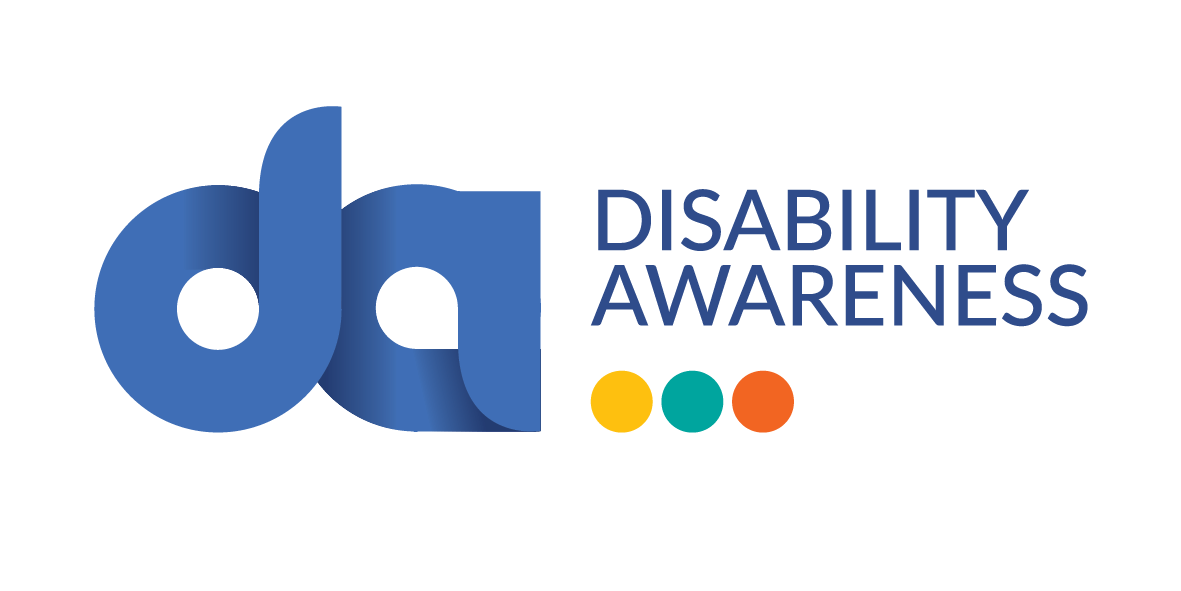
Universal Design for Learning in Tertiary Education
Universal Design for Learning (UDL) is a learning design approach that recognises there is no ‘average’ learner. Learners come with a wide variety of prior experiences, abilities, preferences and needs. Courses are often designed for the ‘average’ learner, then individualised adjustments are added as required to support learners with additional needs. A UDL approach requires course design to consider the broadest possible range of needs and preferences of all learners. UDL reduces the need for reasonable adjustments and enhances the experience of all learners, including those with disability.
Overview of Program
This e-Learning program is designed for educational staff working in Higher Education and the Vocational Education and Training sector. It focuses on UDL in tertiary education. It aims to increase your understanding of designing, developing and implementing UDL within your teaching practice.
There are 4 modules in this program. We strongly advise you to undertake the modules in successive order to optimise your understanding of UDL in practice.
You can work through the program at your own pace and do not need to complete it in one sitting. You can log out and log back in at any time. You should be able to complete all 4 modules in approximately 90-120 minutes. A short quiz after each module is a good checkpoint for your understanding. A certificate of achievement is awarded upon successful completion of all 4 modules.
